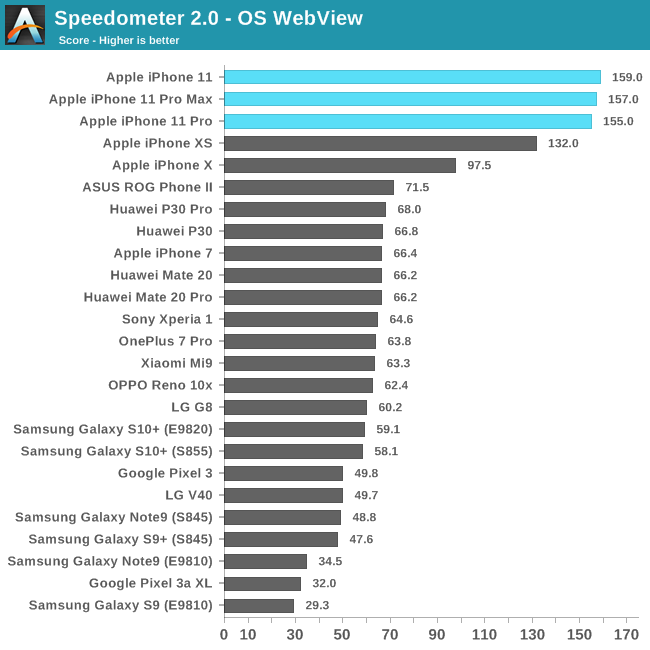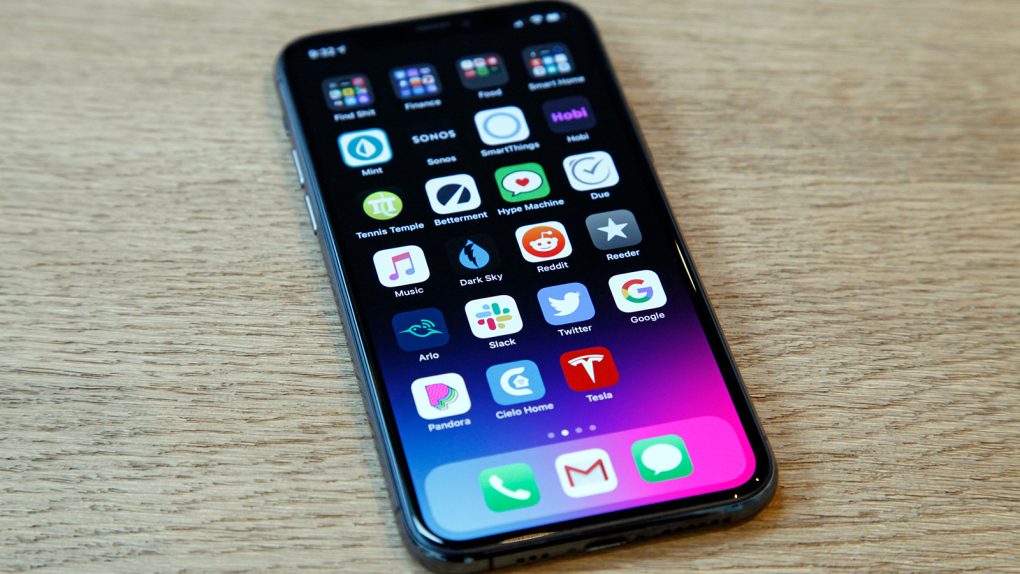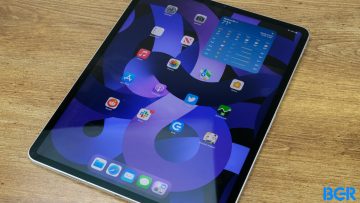There’s something of a narrative that Apple’s innovation in the smartphone space came to a grinding halt years ago. And while there is some truth to the fact that smartphone innovation on the whole has slowed in recent years, that’s not to say that iPhone releases have been lacking in the new feature department. If anything, we’ve seemingly become so accustomed to new phones with better hardware and better software that we’ve arguably become immune to some of the more impressive advancements offered up by next-gen devices.
Take the iPhone 11 Pro, for example. From the outside looking in, it may not seem all that different from last year’s iPhone or the iPhone X before that. In reality, though, the iPhone 11 Pro has a lot of innovation under the hood that is not readily apparent at first glance. Aside from the introduction of Night mode, which is an overlooked innovation in its own right, the hardware advancements offered up by the iPhone 11 Pro are beyond impressive.
Getting right down to it, Apple’s A13 Bionic is an absolute powerhouse that puts all competing processors to shame. Apple, for instance, notes that the A13 Bionic on the iPhone 11 Pro models “features up to 20 percent faster CPU and GPU than A12.”
Marketing speak in official press releases is admittedly easy to gloss over, but an in-depth review by AnandTech reveals that the performance and efficiency offered up by the iPhone 11 Pro is not only best in class, but completely trounces any and all competitors. What’s more, AnandTech notes that Apple’s A13 may be as much as 2-3 years ahead of competing processors.
Overall, in terms of performance, the A13 and the Lightning cores are extremely fast. In the mobile space, there’s really no competition as the A13 posts almost double the performance of the next best non-Apple SoC. The difference is a little bit less in the floating-point suite, but again we’re not expecting any proper competition for at least another 2-3 years, and Apple isn’t standing still either.
The type of performance improvements made possible by the A13 may not be as sexy an innovation as, say, the introduction of Touch ID a few years ago, but that doesn’t make them any less impressive or relevant.
One benchmark test performed by AnandTech can be viewed below.

Beyond the A13, Apple finally gave Apple fans what they wanted in terms of battery life. For years, iPhone users made it clear that they’d rather have a slightly thicker device if it resulted in longer battery life. With the iPhone 11, Apple finally answered those prayers. What’s more, the battery life improvements afforded by Apple’s iPhone 11 Pro models are substantial, to say the least.
The iPhone 11 Pro Max, for example, has 5 more hours of battery life than last year’s iPhone XS Max. The iPhone 11 Pro, meanwhile, boasts 4 more hours of battery life than last year’s iPhone XS. These are huge battery life developments that shouldn’t be glossed over.
All in all, the iPhone 11 Pro has a number of new innovative features that may not be so obvious at first glance. From vastly improved cameras — including a Night mode that works like magic — to absolutely insane system performance and jaw-dropping battery life, the notion that Apple’s ability to innovate has waned is way off-base.








